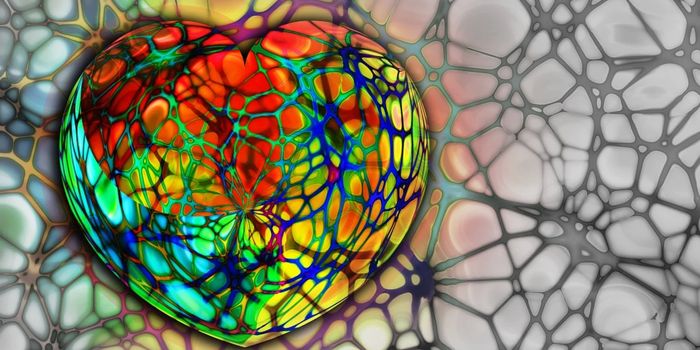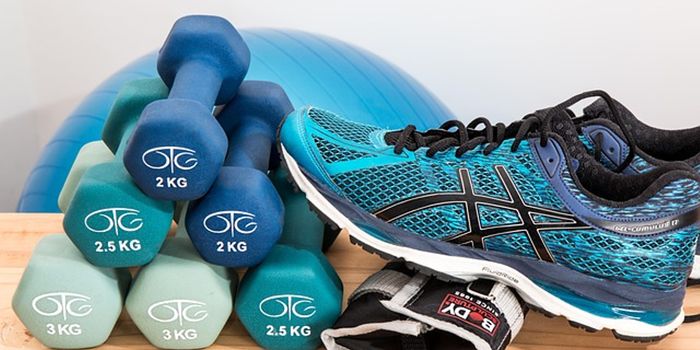Exercise Improves Long-Term Brain Function
New research published in the journal Aging and Disease has shown that high-intensity internal training can lead to long-term improvements in brain function in older adults.
The longitudinal study included 151 participants aged 65–85 who were divided into three groups and assigned different types of exercise: low-, medium-, and high-intensity interval training. Each participant completed 72 exercise sessions spread over six months. During the study, the participants completed monthly cognitive tests, which continued for up to five years after the study started. The goal of the study was to see which type of exercise might be most effective for improving learning and memory over a relatively long time period.
The results showed that after six months of training, only the high-intensity interval group showed significant improvements in cognitive function. Magnetic resonance imaging of the participants’ brains showed that the high-intensity interval group seemed to have halted age-related decreases in their brain volume. Improvements in the cognition of the high-intensity interval group were retained five years after the beginning of the study, indicating that high-intensity exercise has potential to improve longer-term brain function.
The authors noted that six months of high-intensity interval training seems to be enough to improve brain function over a much longer time period, which could help inform exercise guidelines for older adults. The blood samples in the study also showed changes that were correlated with improved cognition, which can be an indicator of exercise effectiveness. About one in three people over the age of 85 are likely to develop dementia, but regular high-intensity interval training may be a strategy for reducing this risk. In addition to its positive effects on the brain, regular physical activity can lower one’s chances of developing cardiovascular disease, including strokes and heart attacks. Regular exercise, and especially high-intensity exercise, is one of the best ways to improve health and longevity as you age.
Sources: Aging and Disease, Science Daily








